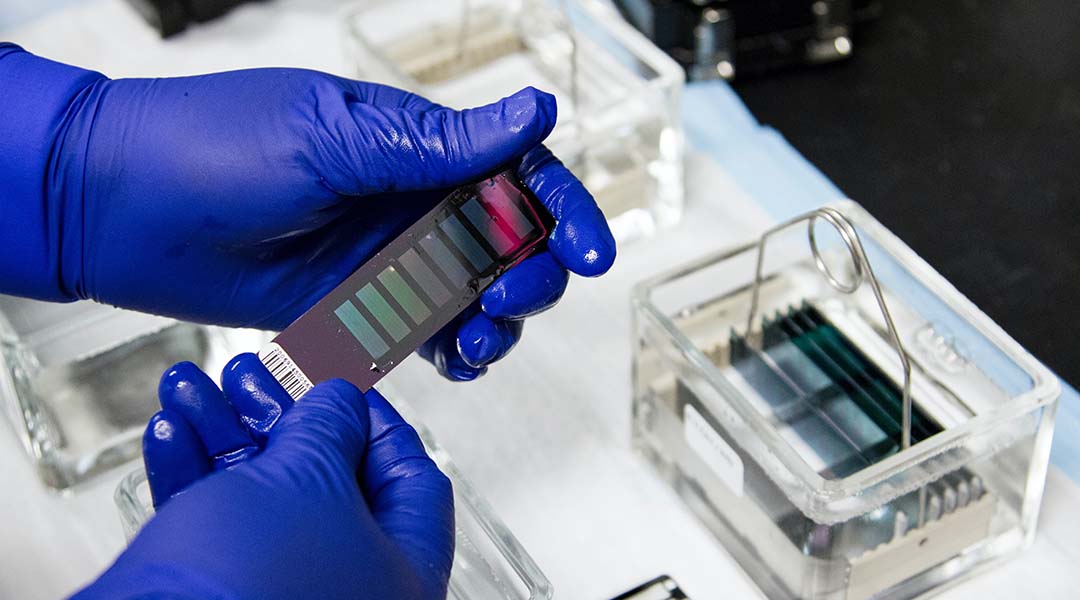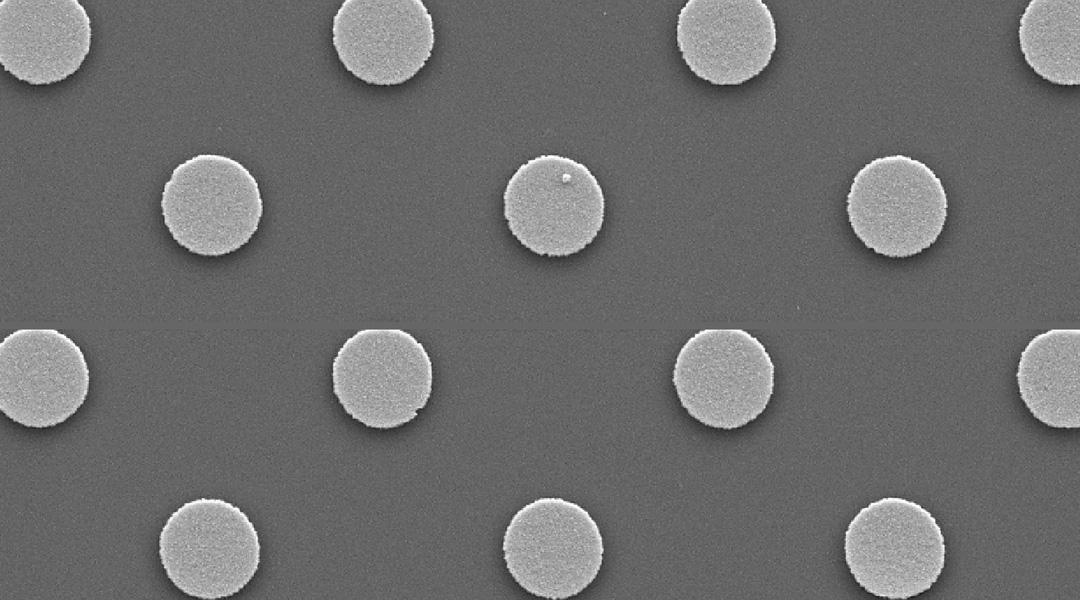Scientists unravel the factors of the Mediterranean lifestyle that lead to reduced mortality and how it can be adopted in non-Mediterranean populations.


Scientists unravel the factors of the Mediterranean lifestyle that lead to reduced mortality and how it can be adopted in non-Mediterranean populations.

Analyzing biomolecules found in the breath, scientists can detect early signs of deadly blood clots found in diseases like COVID-19, heart disease, sepsis, and more.

A new approach to cancer treatment combines gene editing with a known chemotherapy drug, harnessing the benefits of both for better outcomes.

An engineered skin with a new secret ingredient helps avoid harmful inflammation while speeding up the wound healing process.

Using mouse embryos, scientists explore the impact of high exposure to a common plasticizer on male fertility, but caution: the dose makes the poison.

AI is changing the labor-intensive process of manual cell counting, offering improved accuracy, efficiency, and a door into new scientific applications.

A membrane embedded with magnetic microdisks mechanically stimulates pancreatic cells to produce insulin, which could help treat diabetes.

A specific epigenetic signature in patients who respond to chemotherapy offers potential to improve treatment.

Vital to the fusion process and used in a wealth of technological applications, new research shows quantum tunneling is still delivering surprises.

A political theorist argues that overpopulation concern is not a morally defensible reason to stifle life-extending interventions as the climate warms.